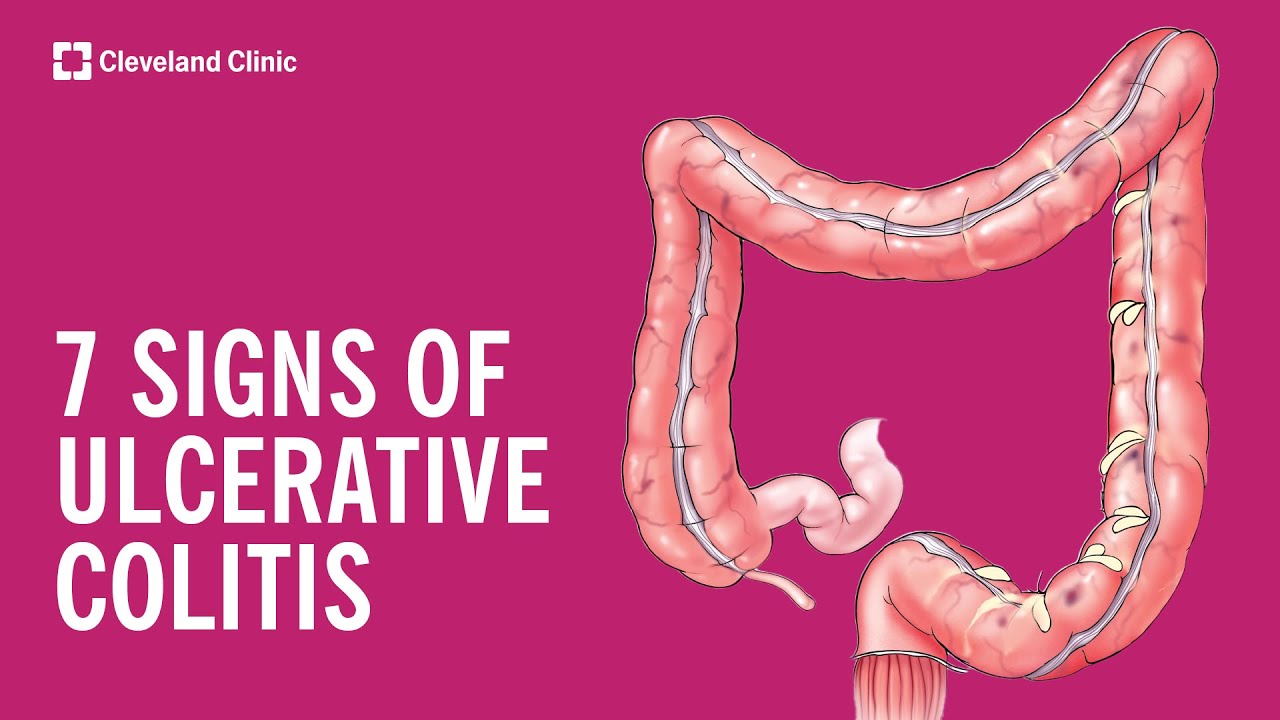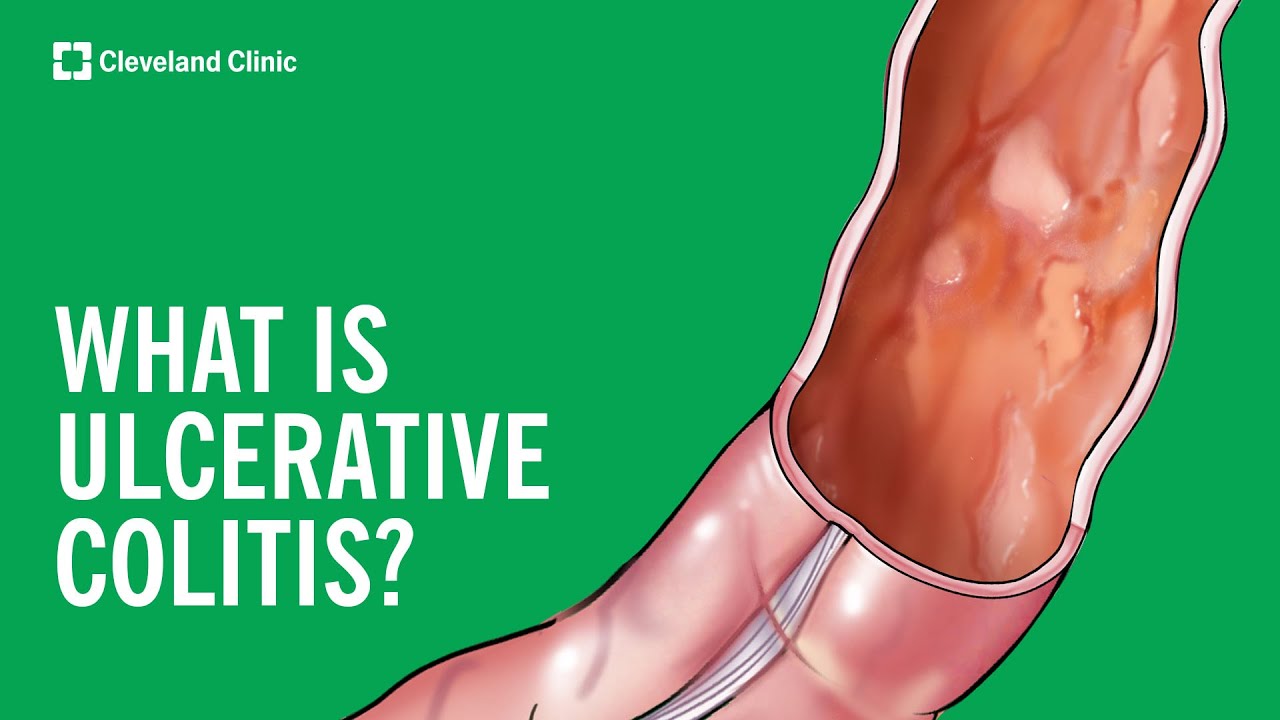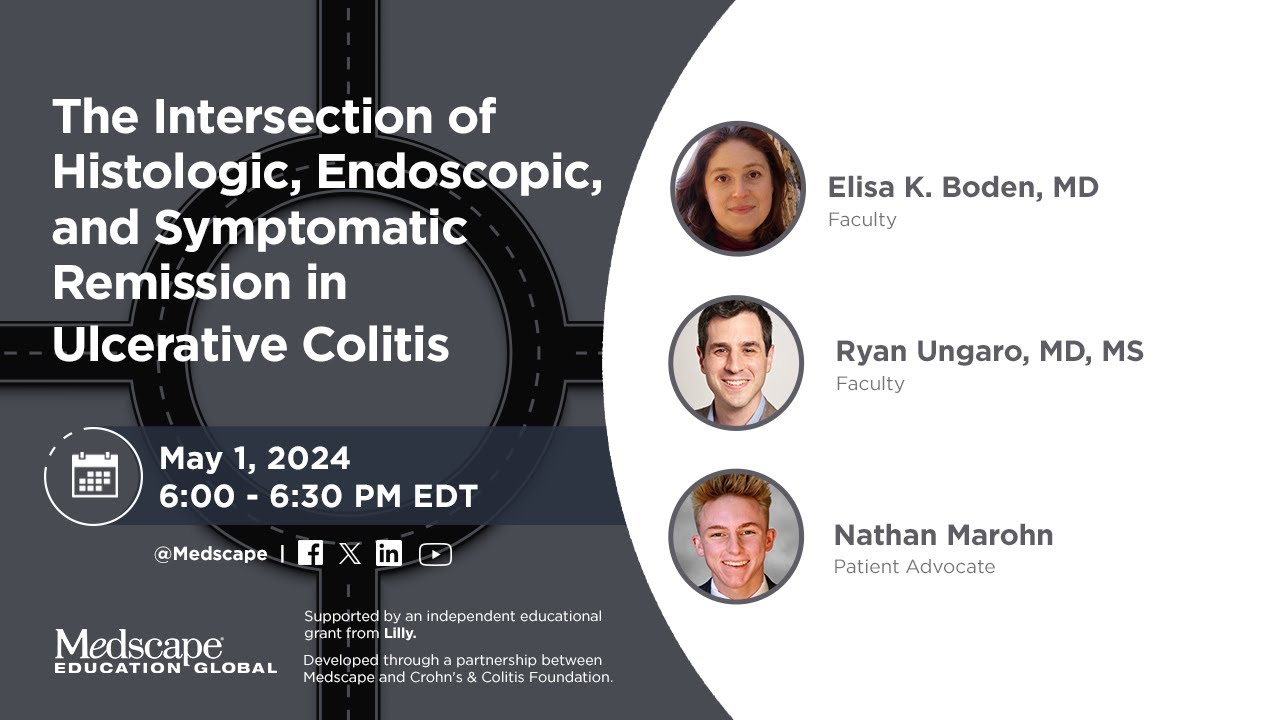The Gastroenterology Channel
February 8, 2012 • Gastroenterology, Hospitalist, Internal Medicine, Pediatrics, Reuters Health • The Doctor's Channel Newscast, Surgery
NEW YORK (Reuters Health) – Early, aggressive use of azathioprine is associated with reduced surgery rates in patients with Crohn’s disease, researchers from Hungary report in the January 10th online American Journal of Gastroenterology.
“Now there are 2 population based papers that confirm the long-term benefit of an early aggressive immunosuppressive therapy in Crohn’s disease,” Dr. Peter Laszlo Lakatos from Semmelweis University, Budapest, Hungary told Reuters Health in an email. “This is very reassuring since they are important proofs that the implementation of the new patient management is indeed altering the natural history. Most of us have already used this treatment strategy in the last 5-10 years.”
Surgery is not curative in Crohn’s disease, but is performed for emergent indications (like obstruction and hemorrhage) and for failure to respond to medical treatment.
Dr. Lakatos and colleagues used data on 506 Crohn’s disease patients in the Veszprem province epidemiology database to analyze the evolution of surgical rates and medical therapy between 1977 and 2008.
The investigators divided the patients into 3 cohorts based on the year of diagnosis: 1977-1988 (Group A, 74 patients) before azathioprine was widely used; 1989-1998 (Group B, 199 patients) when azathioprine was generally started only after the first surgical resection; and 1999-2008 (Group C, 233 patients) when azathioprine became more widely used earlier in the course of the disease.
The 1- and 5-year probability of azathioprine use increased with later years of diagnosis, from 3.2% and 6.2%, respectively, in Group A to 11.4% and 29.9% in Group B and 34.8% and 46.2% in Group C.
Early azathioprine therapy (within 3 years of diagnosis) was significantly associated with an increased time to first resective surgery, and the significant association between early and very early (within 1.5 years of diagnosis) azathioprine use and the need for surgery persisted after propensity score matching.
After excluding cases with resection within the first year of diagnosis, early (but not very early) azathioprine use was still significantly associated with an increased time to first resection in propensity score matched patients.
“This population-based study has demonstrated a significant change in the natural history of Crohn’s disease over the last three decades,” the researchers conclude, “with fewer complicated disease behavior at diagnosis, reduced probability of disease behavior change, and reduced rates of surgery independently associated with increased and earlier azathioprine use.”
“Patients with a possible unfavorable phenotype (early disease, needing steroids early with severe flare, but hopefully without a complicated behavior) do require early aggressive therapy,” Dr. Lakatos said. “Physicians should not wait until several clinical relapses or complicated disease behavior to upgrade therapy.”
“The current therapeutic tools include the use of biologicals,” Dr. Lakatos added. “Although clinical benefit is proven for the use of anti-TNFs, the benefit on long-term outcomes outside clinical studies is scant and outcomes from population based studies are awaited.”
SOURCE:
Has There Been a Change in the Natural History of Crohn’s Disease? Surgical Rates and Medical Management in a Population-Based Inception Cohort from Western Hungary Between 1977–2009
Am J Gastroenterol 10 January 2012.







